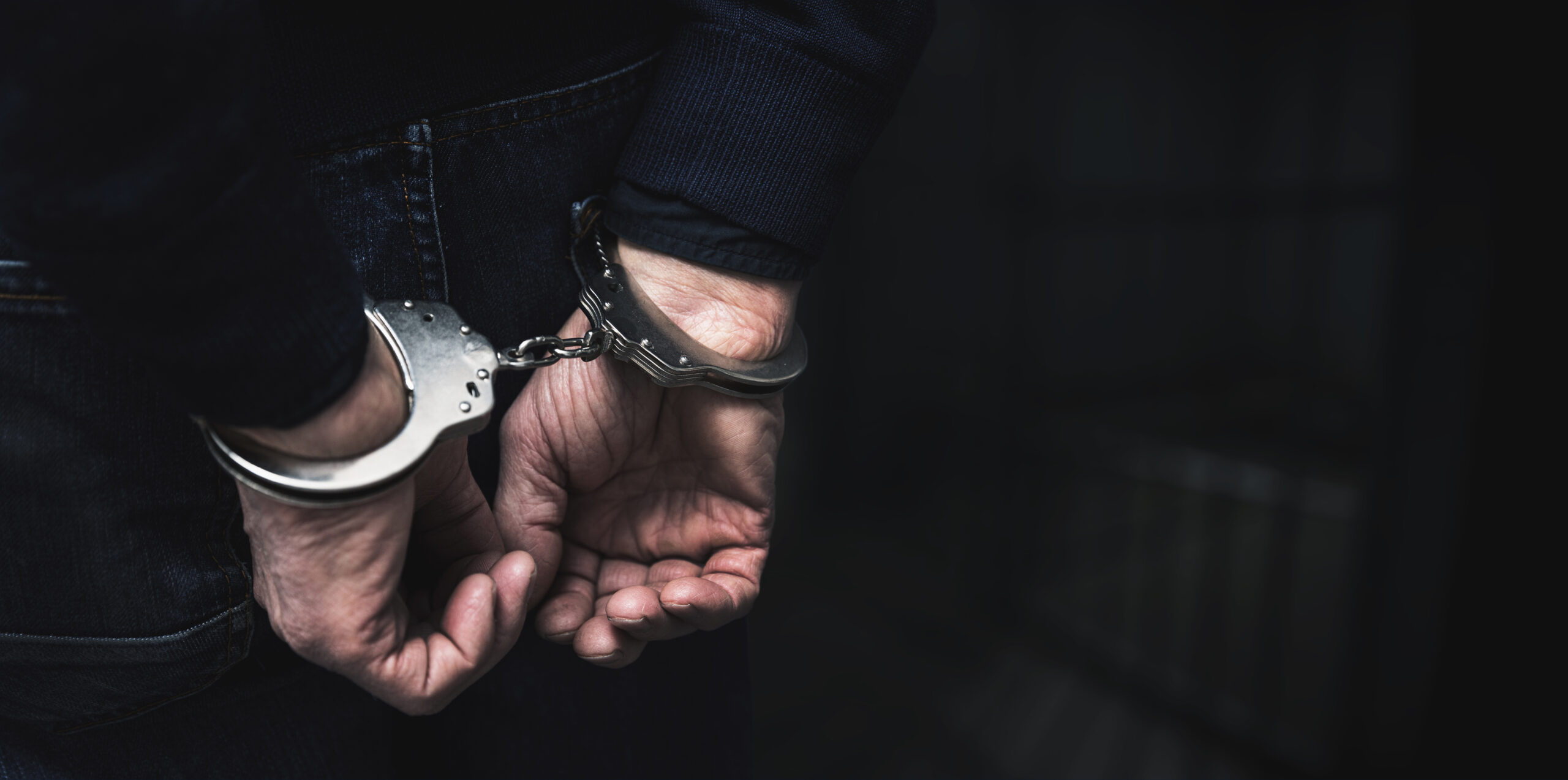If you contest a traffic infraction and the court finds you not guilty, the case is essentially over. You will not pay any fines, face penalties, or see a charge on your DMV record. If you have already paid a fine, the judge will dismiss the ticket and order an immediate reimbursement. To get to this stage in the legal process, you need to provide evidence that will convince the court that it was a mistake for the police officer to issue a ticket in the first place.
If you plead not guilty and lose, the outcome will be very different. That’s when the help of a Montgomery County traffic crime lawyer with experience fighting cases in traffic court is crucial.
Fighting Your Ticket in Traffic Court
To contest a traffic ticket, you can represent yourself or hire a lawyer to fight the ticket for you. Regardless of your decision, you must inform the court of your decision to contest the ticket by filing a notice to dispute as soon as possible. Once your dispute goes through processing and approval, you will receive a “notice to appear” citation informing you of the date and time of the hearing. While you are waiting, you must build your defense strategy.
The following are some of the things you must consider while preparing your defense.
Review Traffic Laws and How They Relate to Your Ticket
To understand what you are up against, you need to review the statutes you have been accused of violating. The Pennsylvania Department of Transportation lists major offenses that may even result in the suspension of your license. Through your analysis, you may determine if you violated all or some of the conditions listed in Title 75, Chapter 33, of Pennsylvania law. On the other hand, if you did not violate any of the conditions and can prove it in traffic court, the judge could dismiss the case against you.
Requesting the Ticketing Officer’s Notes
It is within your right to request the notes the police officer made after you were pulled off the road. Reviewing these notes shows if they documented the incident accurately, left out vital information, and if you can dispute specific claims in traffic court. Since you will have the chance to question the ticketing officer, we recommend that you make notes and prepare a list of questions that can challenge their observations.
Recounting the Incident That Led You to Traffic Court
Even though you may be overwhelmed, it is vital to go down memory lane and document the incident in its correct sequence. Doing so will give you a clear picture of what occurred before and after the incident. Where possible, sketch out the exact spot where your car was pulled over and the location of the police officer. If you prove that the officer’s decision to issue a ticket was unwarranted since they did not have a clear view of your vehicle, the outcome may go in your favor.
Witnesses Could Help Your Defense in Traffic Court
A credible witness can be a pedestrian, a motorist, or a passenger. But before you ask someone to take the witness stand, remember to ensure their version of the incident aligns with yours. While you are under no obligation to testify on your behalf, you can choose to do so. However, by deciding to share your side of the story, the prosecutor can cross-examine you. So, remain calm and speak clearly and as honestly as you can.
Your Defense Strategy After Receiving a Traffic Ticket
It is not enough to tell the court that you did not know your actions were illegal. You must prepare a foolproof defense strategy that warrants the court overturning the charges. You may claim the following as defense:
- Mistake of fact defense: Here, you prove to the court that you made a genuine mistake due to elements on the road that were not apparent or caught you off-guard. This could include a faded crosswalk or a new traffic light that was only just installed on a road you take frequently.
- Necessity defense: A valid necessity of defense can be speeding to escape a dangerous situation, get medical care, or avoid hitting a pedestrian or animal.
What Happens if You Plead Not Guilty in Traffic Court and You Lose?
If you plead not guilty in traffic court in Pennsylvania and lose, the following outcomes can occur:
- Conviction: You will be found guilty of the traffic violation you were charged with.
- Fines and Costs: You will be required to pay the fines associated with the traffic violation and court costs. These penalties will depend on the specific violation and the court’s ruling.
- Points on Your License: Depending on the violation, the Pennsylvania Department of Transportation (PennDOT) may add points to your driving record. Accumulating too many points can lead to further penalties, including license suspension.
- Insurance Rates: A traffic violation conviction can lead to an increase in your car insurance premiums.
- Additional Penalties: Additional penalties may apply depending on the nature of the traffic violation. For example, serious offenses like DUI may result in license suspension, mandatory driving courses, or even jail time.
- Appeal Option: You have the right to appeal the decision to a higher court if you believe there was an error in the trial or the judgment was unfair. However, this process can involve additional costs and legal fees.
Considering these potential outcomes, seeking legal advice to understand your rights and options in traffic court is essential.
Call a Traffic Defense Attorney at McKenzie Law Firm, P.C. Today
If you were issued a ticket, McKenzie Law Firm, P.C., can help. Our defense lawyer will investigate the details of your case, negotiate with insurers, and, if necessary, represent you in a personal injury lawsuit.
If you plead guilty and lose, we can appeal on your behalf. Contact us now to discuss your case and determine how we can help you.



